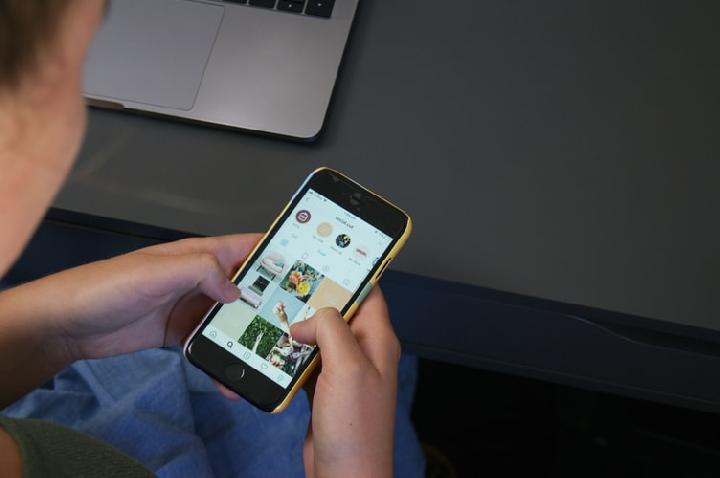Know the Threats: Keeping Children Healthy on Social Media
Editor
6 October 2023 10:03 WIB

By: Yatan Pal Singh Balhara, a Professor of Psychiatry at All India Institute of Medical Sciences (AIIMS), New Delhi, India.
Young people and those closest to them need to be alert and equipped to fight the mental health threats that can come from social media use.
Rajat, 16, started using social media apps after he turned 14. He would check his posts first thing each morning and be online late into the night.
If his posts hadn't gathered 'likes' or got only a few views and shares, he would feel unloved and worthless and increase his time online trying to do 'better'.
His parents believed social media had hijacked his life, but their efforts to help made him irritable and even physically aggressive. His daily routine became a challenge. They got psychiatric help when they realized Rajat was deeply depressed.
Rajat is not the teen's real name but he is one of many Indian adolescents grappling with the many challenges posed by social media. Its increasing relevance in young people's daily lives and how they interact with it has raised significant concerns about how it affects their mental well-being.
Research on the impact of social media on mental health has shown mixed results, reflecting the complexities involved.
Research shows that social media can be a valuable add-on in our lives but its uncontrolled or unregulated use is detrimental to our relationships, performance, and self-efficacy.
It can also lead to mental health problems that include stress, decreased subjective happiness, and a sense of mental deprivation as well as disorders like depression, anxiety, and sleep disturbance.
Excessive and problematic use can also manifest as an addictive pattern that is characterized by loss of control, prioritizing social media until it is detrimental to other responsibilities, and an inability to control its use, whatever the consequences.
Addiction to social media is actively researched.
The limited data makes it difficult to draw definitive conclusions about the extent of the problem but it remains a priority during interactions with adolescents, parents, and teachers.
The effect of social media on mental well-being is shaped by factors like individual vulnerability, psychological factors like personality traits and coping skills, environmental factors like ease of access and societal acceptance, and social media-related variables.
Its design, the algorithms it uses, and the level of anonymity offered that can make it more or less engaging, shape our behavior.
Young people's social media use can also expose them to potentially dangerous experiences like cyberbullying, which involves repeated hostile or aggressive behavior on a digital platform.
They could also face cyberstalking, where online links are used to stalk or harass; and cyber grooming, which involves befriending a young person online to facilitate online sexual activity or a physical meeting with the goal of committing sexual abuse.
While the excessive use of social media is widely discussed, young people need to be made aware of other problems associated with social media use, like its impact on mental well-being. This is largely determined by the way young people interact online.
The level of supervision and guidance around youth social media use shapes whether its use escalates to problematic levels. Young people, parents, and educators to be well-informed and equipped with tools to counter the negative impacts of social media use.
Being aware of the potential challenges is a good start.
Young people need to know their rights if they become victims. In India, they are outlined in the Information Technology (Amendment) Act, of 2008.
Parental guidance can ensure age-appropriate use of social media. It is imperative to be aware of why you are using social media and have realistic expectations.
Social media is not a substitute for in-person interactions and its use should not get in the way of daily routines. Investing time in activities that are physically and mentally relaxing can help overcome the stress and anxiety associated with undesirable experiences on social media.
It is also important that those who have experienced these negative experiences are offered appropriate support and psychological interventions, including psychotherapy and counseling.
Excessive and questionable patterns of social media use should be identified as early as possible and consultation should be sought from a qualified mental health professional to ensure early and appropriate intervention.
If this article has raised issues for you, or if you’re concerned about someone you know, visit https://findahelpline.com/id.
Originally published under Creative Commons by 360info™.
*) DISCLAIMER
Articles published in the “Your Views & Stories” section of en.tempo.co website are personal opinions written by third parties, and cannot be related or attributed to en.tempo.co’s official stance.























